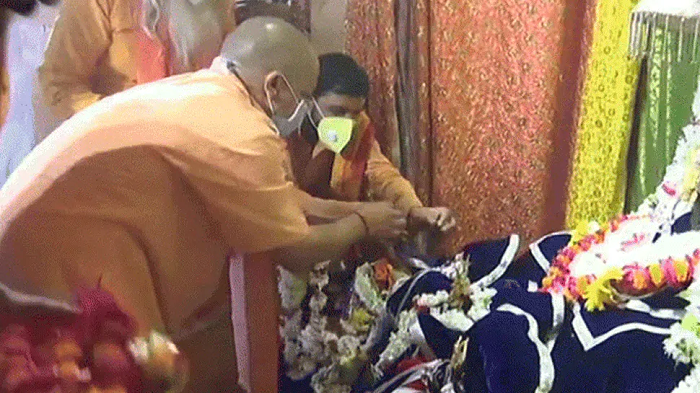
Mumbai, May 22: India's rupee fell past 55 per dollar to a record low as concern Europe's debt crisis will worsen prompted investors to pull money out of emerging-market assets.
"It has been touching lows quite regularly, said Subir Gokarn, a deputy governor at the Reserve Bank of India. "There is clearly a strong pressure on the rupee to depreciate. This is coming from a number of factors. One is clearly the current account deficit, demand from oil has been strong and the capital flows are not matching that," he said.
"We have done a number of things and will continue to do things that we think will have the impact of stabilizing the currency. But ultimately capital flows are going to be the main determinant of how the currency behaves.''
Sweeping declines
The MSCI Asia-Pacific Index of shares lost 10 per cent this month as global funds pulled $6.2 billion (Dh22.76 billion) from the stock markets of India, Indonesia, South Korea and Taiwan, according to the latest exchange data.
German and French leaders meet this week to discuss a revised plan for the euro amid concern Greece is close to an exit from the monetary union. The rupee is also weakening because India's fiscal policy is "too loose" and that is widening the current-account deficit and spurring inflation, according to BNP Paribas.
"An improvement in the situation in Europe and firmer global risk appetite is a necessary, although not sufficient, condition for the rupee to stabilise," Richard Iley, the Hong- Kong based chief economist for Asia at the French bank, wrote in a research note released yesterday. "Fiscal laxity is the root of the problem."
The rupee dropped 1.1 per cent to 55.0350 per dollar in Mumbai, according to data compiled by Bloomberg. It touched an all-time low of 55.0550 and has slumped 7.6 per cent this quarter in Asia's worst currency performance.
India's budget deficit widened to 5.9 per cent of gross domestic product in the fiscal year ended March 31, compared with a target of 4.6 per cent. finance minister Pranab Mukherjee aims to narrow the shortfall to 5.1 per cent this fiscal year.
Rising volatility
The rupee's one-month implied volatility, a measure of exchange-rate swings used to price options, was unchanged at 13 per cent. It touched this year's high of 13.27 per cent on May 18.
The central bank cut the amount of overseas income companies can hold in foreign currency this month to 50 per cent from 100 per cent, in a bid to boost dollar inflows and stem the rupee's slide.
On May 4, policy makers raised interest rates on non-rupee deposits by as much as 300 basis points and freed up borrowing costs on foreign-exchange loans to exporters.
Gold: Debt crisis dims allure
Gold declined in New York as concerns that Europe's debt crisis is worsening boosted the dollar and curbed the appeal of precious metals as alternative investments.
The euro fell as much as 0.4 per cent against the dollar as German and French officials meet today to discuss ways to contain Europe's financial turmoil. Before today, gold declined 4.3 per cent this month, while the dollar climbed 3.2 per cent against a basket of six currencies.
"The flight is towards the dollar," Bart Melek, the head of commodity strategy at TD Securities in Toronto, said in a telephone interview. "The softness in the euro is keeping gold under pressure."
Gold futures for June delivery fell 0.3 per cent to $1,587.70 an ounce at 10:01 am on the Comex in New York.
Demand for bullion in India, the world's largest consumer, dropped to the weakest since late March on May 18, UBS said in an emailed report on Monday.






Comments
Hi, i think that i saw you visited my blog thus i came to “return the favor”.I am attempting to find things to improve my web site!I suppose its ok
to use a few of your ideas!!
Feel free to visit my site :: private storage gold
ira custodian; Adelaide: http://linktown.wvec.com/biz/harrysacburberry-llc/tampa/fl/33607/687847…,
Add new comment